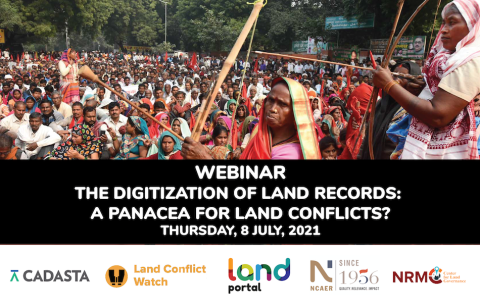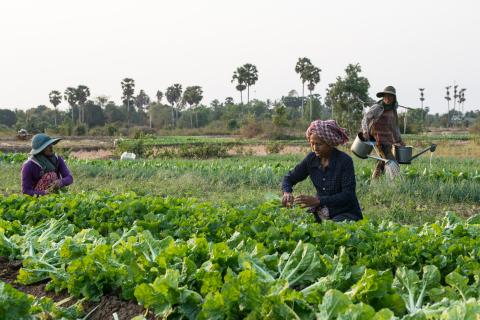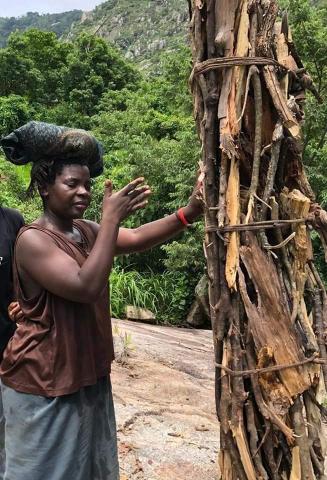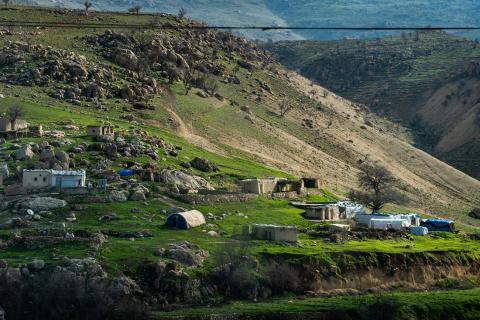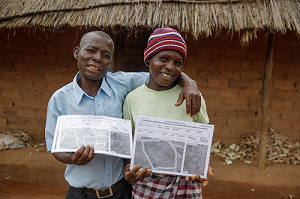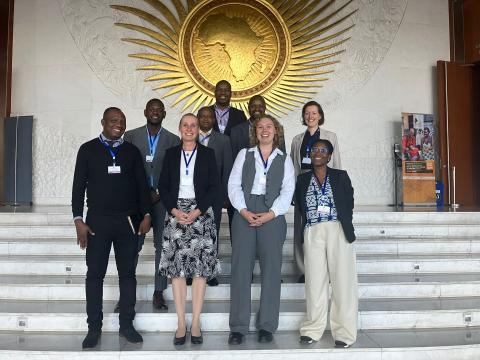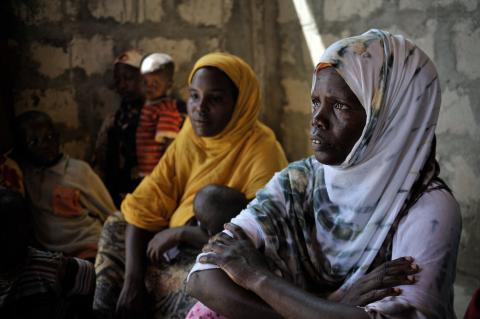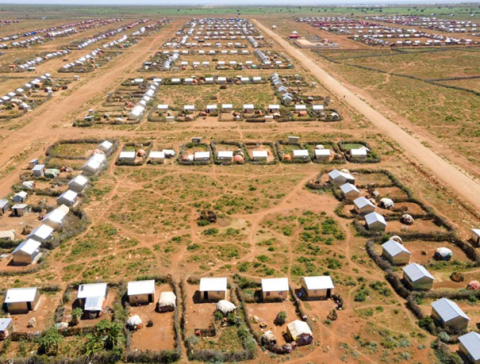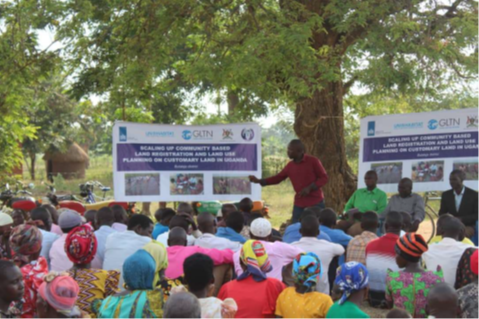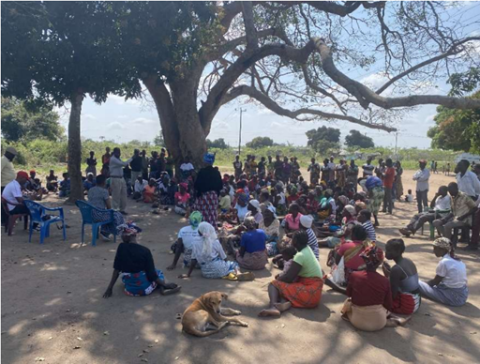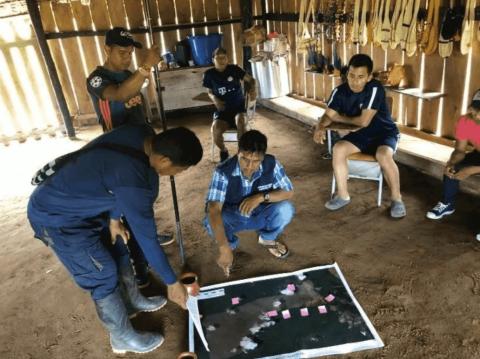Discover hidden stories and unheard voices on land governance issues from around the world. This is where the Land Portal community shares activities, experiences, challenges and successes.
 Follow our
Follow our
Sustainable Development Goals
Blog Series!
Interested in land corruption?
Follow our Land & Corruption Blog Series
for in-depth perspectives from the experts.
Issues
Geographical focus
Organized by the Cadasta Foundation, Land Conflict Watch, the Land Portal Foundation, National Council of Applied Economic Research (NCAER) of India, and NRMC Center for Land Governance, the webinar "The Digitization of Land Records: A Panacea for Land Conflicts" provided an in-depth look at the critical role digitization of land records plays in addressing land disputes in India.
A Recap of the Recent Land Portal-MRLG Webinar on Gender Equitable Land Governance in the Mekong Region
On Thursday 15 February, the Mekong Region Land Governance (MRLG) project and the Land Portal launched the first webinar in the State of Land in the Mekong series. The series, which will consist of three webinars across 2024 and 2025, aims to shine a spotlight on land issues in the Mekong region during a time of immense rural transformation.
Introduction
Malawi's journey towards effective land governance has been marred by historical injustices rooted in colonial legacies and compounded by contemporary challenges within customary land practices. This article explores the troubled legacy, policy reforms and the persistent issues within Malawi's land laws, shedding light on the intricate balance needed for meaningful change.
Troubling a Troubled Legacy
The Hague Institute for Innovation of Law (HIIL) and the Netherlands Enterprise Agency (RVO) are delighted to announce a new collaboration for complementary LAND-at-scale activities in Iraq. Activities focus on justice innovation and support: by scouting, vetting, selecting and supporting promising local and existing justice initiatives in Northern Iraq, HIIL aims to strengthen the localization of justice solutions for Iraqi people.
Terra Firma and the Netherlands Enterprise Agency (RVO) are pleased to announce the launch of a new LAND-at-scale project: Scaling Community Land Rights Certification in Municipal Areas of Mozambique. The project started implementation this month (February 2024) in the rural hinterlands of four municipalities in Manica, Sofala and Zambezia provinces.
Photo: AU UN IST PHOTO / TOBIN JONES. (CC0 1.0 Universal)
As part of a scoping study titled Land Governance for Climate Resilience: A review and case studies from LAND-at-scale projects headed by Richard Sliuzas, Emeritus Professor, University of Twente, IOM explored how climate plays a role in the UN-led Saameynta Joint Programme in Somalia.
As part of a scoping study titled Land Governance for Climate Resilience: A review and case studies from LAND-at-scale projects headed by Richard Sliuzas, Emeritus Professor, University of Twente, GLTN dove into the links between climate and land governance in the ‘’Scaling up community-based land registration and land use planning on customary land in Uganda’’ project. This case study highlights experiences from the community-based wetland man
As part of a scoping study titled Land Governance for Climate Resilience: A review and case studies from LAND-at-scale projects headed by Richard Sliuzas, Emeritus Professor, University of Twente, CTV explored the links between climate and land governance in the LAND-at-scale project “Scaling Community Legal Literacy, Land Rights Certification and Climate Resilience in Mozambique”.
As part of a scoping study titled Land Governance for Climate Resilience: A review and case studies from LAND-at-scale projects headed by Richard Sliuzas, Emeritus Professor, University of Twente, Tropenbos Colombia dove into the links between climate and land governance in their project.
Context
This webinar took place on February 15th, 2024, under the title “Women’s Participation in Land Governance in the Mekong : Moving Beyond Quotas to Meaningful Inputs and Influence”. The webinar featured panelists from researchers to youth representatives and was jointly organized by the Land Portal Foundation and Mekong Region Land Governance (MRLG).
Sr. Elizabeth Daley, Independent freelance consultant and Chair of the Land Portal Foundation, moderated the panel, which featured the following speakers:

